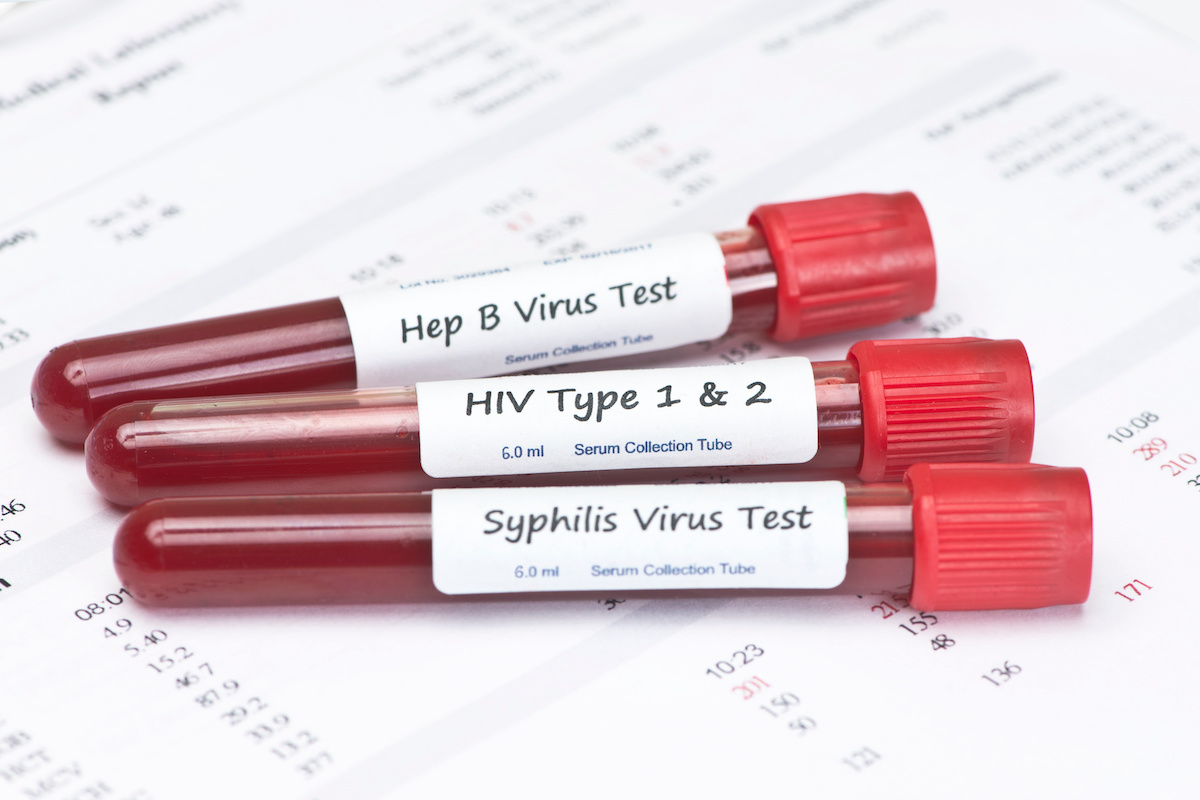Infection
Syphilis Levels Rise in Santa Barbara County
The Santa Barbara County Public Health Department released data displaying recent trends of sexually transmitted infections (STIs), including chlamydia, gonorrhea, early syphilis, HIV, and mpox. Infection rates are below the pre-pandemic times, and compared to the state, the county has one of the lowest levels for STIs. However, one report that stands out is the tripling of infections of early syphilis in women who are of child-bearing age. Cases increased threefold from 2021 to 2022, or from 12 cases to 34. The rise of early syphilis has contributed to an increase in congenital syphilis, which can have serious effects on infants.
Although syphilis is treatable with antibiotics or penicillin, it can go easily undetected in the early stages after contact with the infected persons. Symptoms can be as mild as headaches and sore throat, and as severe as sores, swollen lymph nodes, hair loss, and rashes for early stages of syphilis.
When a mother passes the infection to a fetus, it can cause “miscarriage, stillbirth, or the baby’s death,” according to the Centers for Disease Control. If a baby is born with congenital syphilis, if left untreated, deformed bones, severe anemia, developmental delays, or seizures can occur.
In 45 of the 50 states, testing for STIs is required during the first prenatal visit. Seventeen states require testing in the third trimester, as well. In California, 214 cases of early syphilis were reported in 2016; in 2020, 480 cases were reported, the highest number of cases since 1993.
To this point, it is important to maintain STI testing when sexually active. “These trends highlight the importance of getting tested, especially pregnant people at their initial prenatal appointment and again for syphilis during their third trimester,” stated Michelle Wehmer, an epidemiologist with the county Public Health Department who authored the STI report.
Private doctors and clinics can offer testing for sexually transmitted infections and diseases (STDs), as does Planned Parenthood. For those who lack health insurance, the tests are covered by California’s Family PACT (Planning, Access, Care, and Treatment) services.

